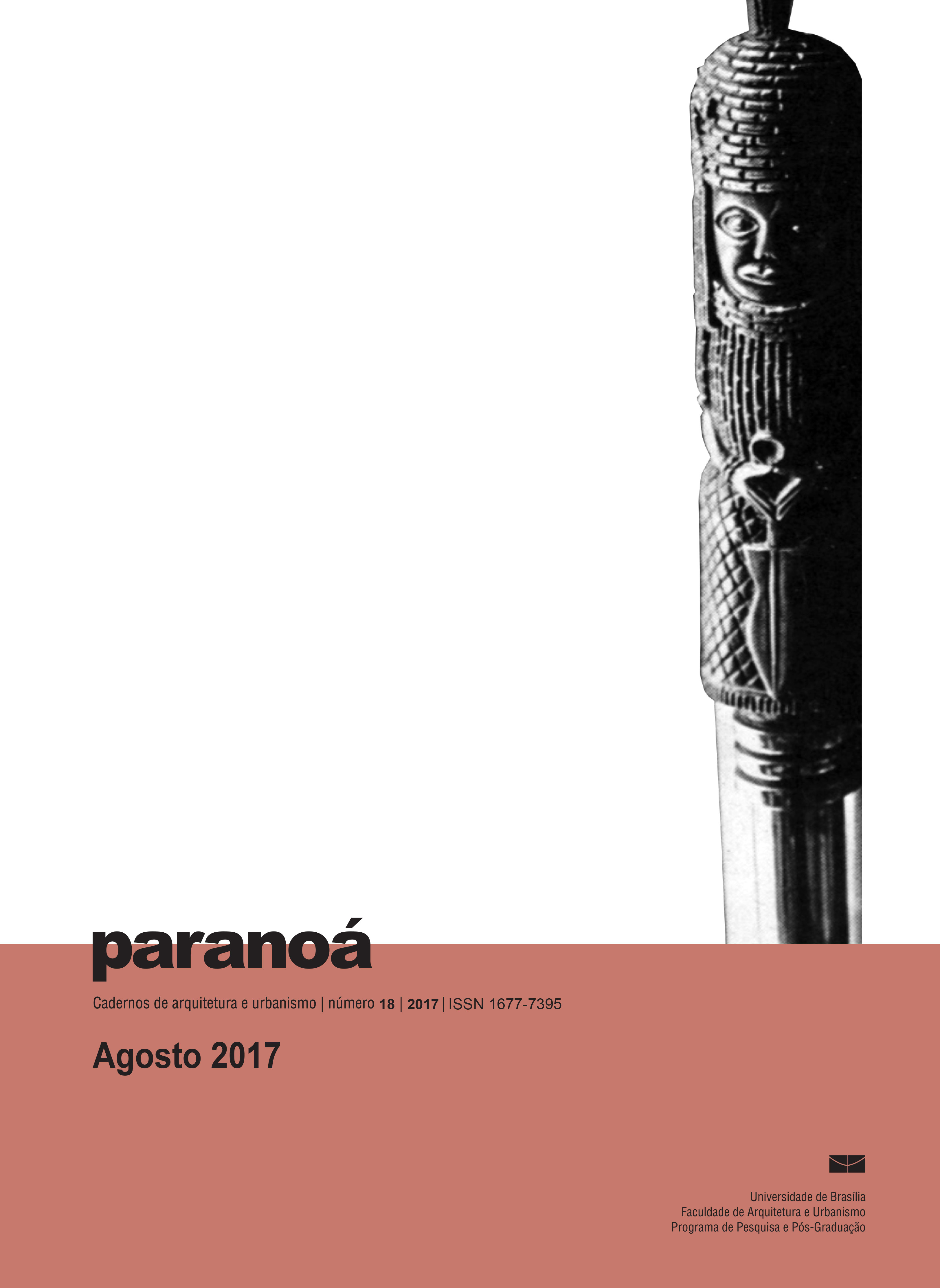The impact of crime and the fear thereof on the nature and use of public space in the capital city of South Africa
DOI:
https://doi.org/10.18830/issn.1679-0944.n18.2017.05Keywords:
Crime, Fear, Public space, Gated communities, South AfricaAbstract
Levels of insecurity, crime and inequality remain very high in Brazilian and South African cities. Consequently, wealthier residents retreat to protected common spaces behind walls and fences. As a result, there has been a growth of many quasi-public spaces in shopping malls and gated communities. This raises questions regarding the change of public space and the impact of crime and the fear thereof on the use of these spaces. The discussion shows how the form and function of different spaces in the capital city of South Africa, Pretoria, have changed in various parts of the city through neglect, revitalization and privatization and how this have shaped the experience of users in relation to crime and fear. The paper argues for a more nuanced reading of the transformation of public space. Firstly, it recognizes that in rapidly changing cities of transitional countries there may still be a need for different types of public spaces, including those in gated communities. Secondly, although safety is a major concern among users of public space, it does not imply that gated communities offer the only solution to safe public space. Therefore, alternatives approaches should be considered.
Downloads
Downloads
How to Cite
Issue
Section
License
Autores que publicam nesta revista concordam com os seguintes termos:
- Autores mantém os direitos autorais e concedem à revista o direito de primeira publicação, com o trabalho simultaneamente licenciado sob a Licença Creative Commons Attribution que permite o compartilhamento do trabalho com reconhecimento da autoria e publicação inicial nesta revista. http://creativecommons.org/licenses/by/4.0
- Autores têm autorização para assumir contratos adicionais separadamente, para distribuição não-exclusiva da versão do trabalho publicada nesta revista (ex.: publicar em repositório institucional ou como capítulo de livro), com reconhecimento de autoria e publicação inicial nesta revista.
- Autores têm permissão e são estimulados a publicar e distribuir seu trabalho online (ex.: em repositórios institucionais ou na sua página pessoal) a qualquer ponto antes ou durante o processo editorial, já que isso pode gerar alterações produtivas, bem como aumentar o impacto e a citação do trabalho publicado (Veja O Efeito do Acesso Livre).















